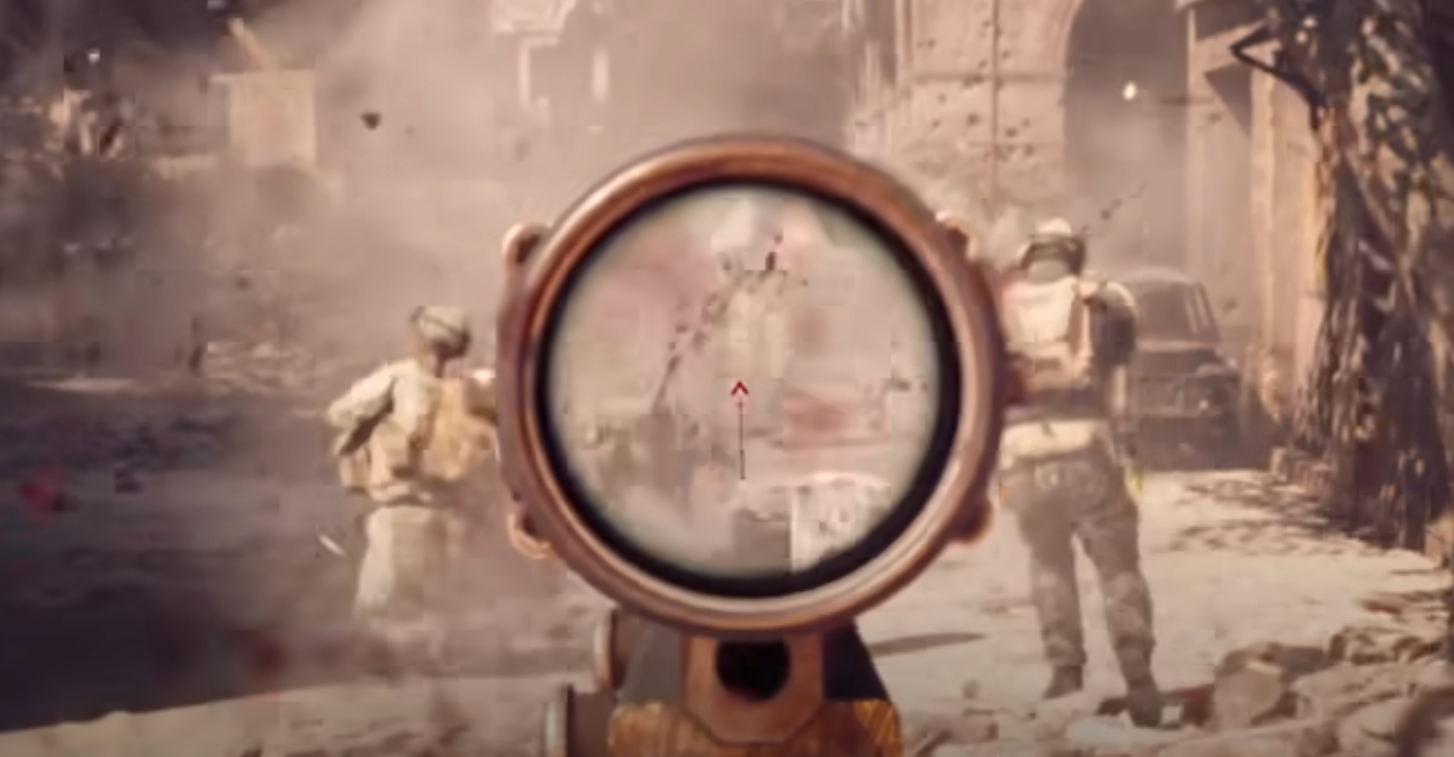In Battlefield 6, scope glint is a visual effect seen on sniper rifle optics when aiming. This reflection alerts enemies to a sniper’s position, particularly at long ranges. While confirmed to remain in the final release, developers have promised adjustments based on beta feedback, reducing its intensity.
-
Visible only with high-magnification scopes (6x and above)
-
Glow intensity scales with zoom level
-
Acts as a balancing tool against one-shot sniper dominance
Scope Glint Mechanics
-
Triggers when aiming with sniper rifles or DMRs using high-magnification optics
-
Enemy players see the glint if facing your direction
-
No glint with 1x–3.5x scopes
-
Permanently active for bolt-action rifles and long-range sights
Scope Types and Glint
Glint-Active Optics
-
6x+ magnification scopes
-
Specialized sniper optics (e.g., Long-Range, High-Power)
-
Variable zoom scopes at 6x+ setting
-
Thermal scopes
Non-Glint Optics
Ideal for stealth or close-quarters combat:
-
Scopes below 6x magnification
-
Red dot/holographic sights
Key Details:
-
Variable scopes only show glint at maximum zoom
-
No attachment fully removes glint
-
Glint depends on magnification, not weapon class
Developer Adjustments
Designer Florian Le Bihan confirmed:
-
Glint remains a core balancing feature
-
Brightness and size reduced post-beta
-
Addresses player complaints about excessive visibility
Managing Scope Glint
-
Reposition after shots
-
Use lower-zoom scopes for mid-range combat
-
Leverage cover (foliage, terrain) to block sightlines
-
Limit prolonged aiming in exposed positions
FAQ
What triggers scope glint?
Aiming with optics of 6x+ magnification.
Can glint be disabled?
No—it’s an intentional balance mechanic.
Do all scopes create glint?
Only high-zoom scopes (6x+).
Any glint-reducing attachments?
None eliminate it, though some optics slightly reduce visibility.
Does glint penetrate smoke/cover?
No—requires direct line of sight.

